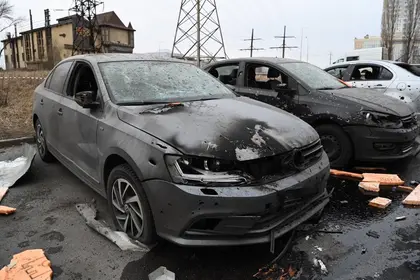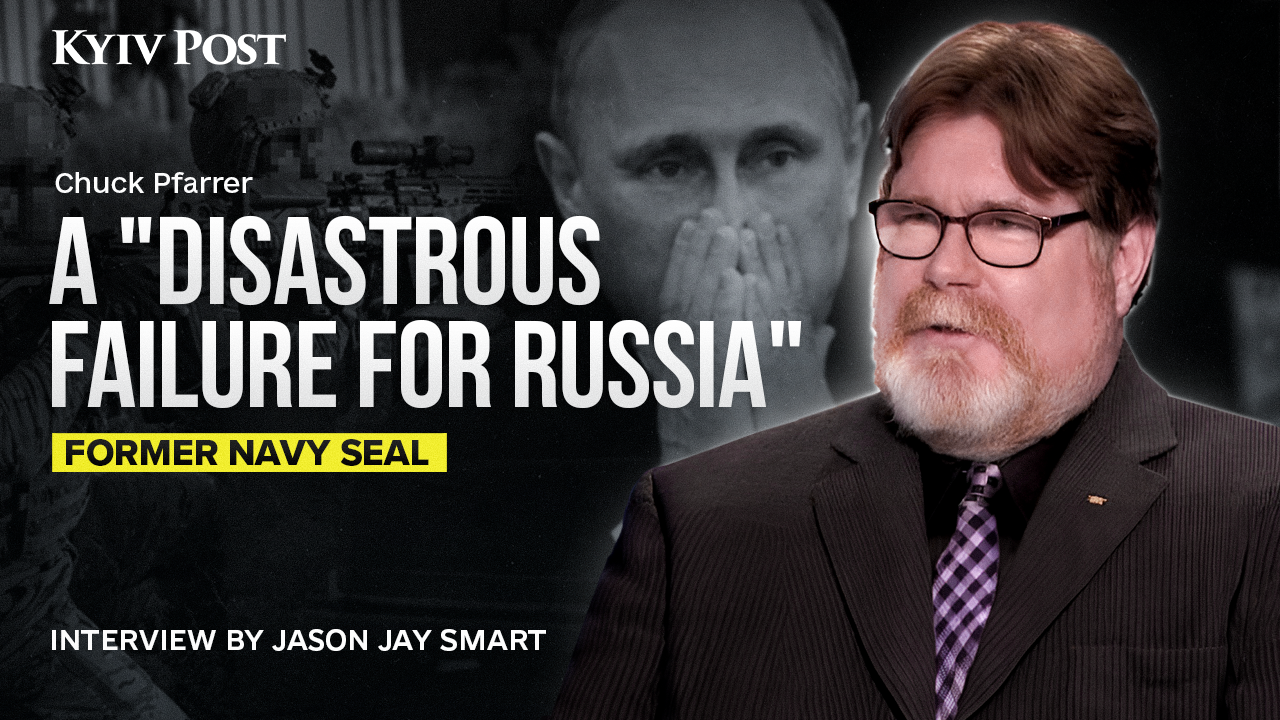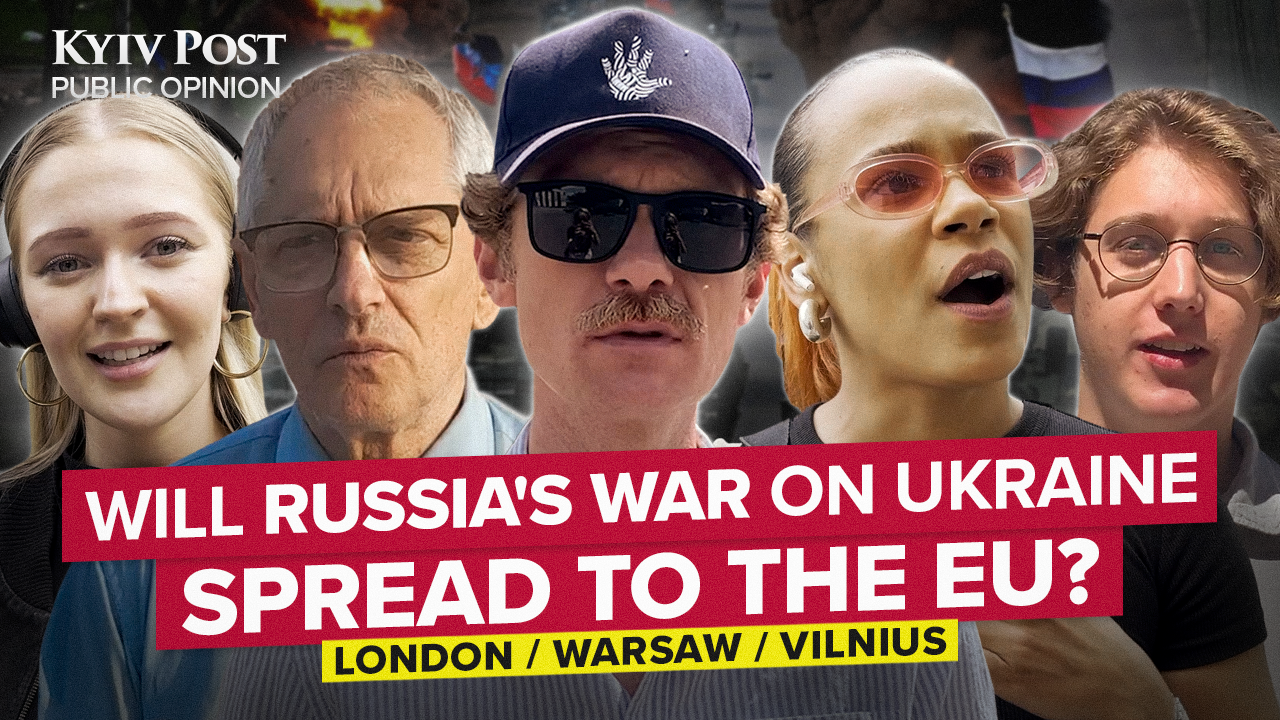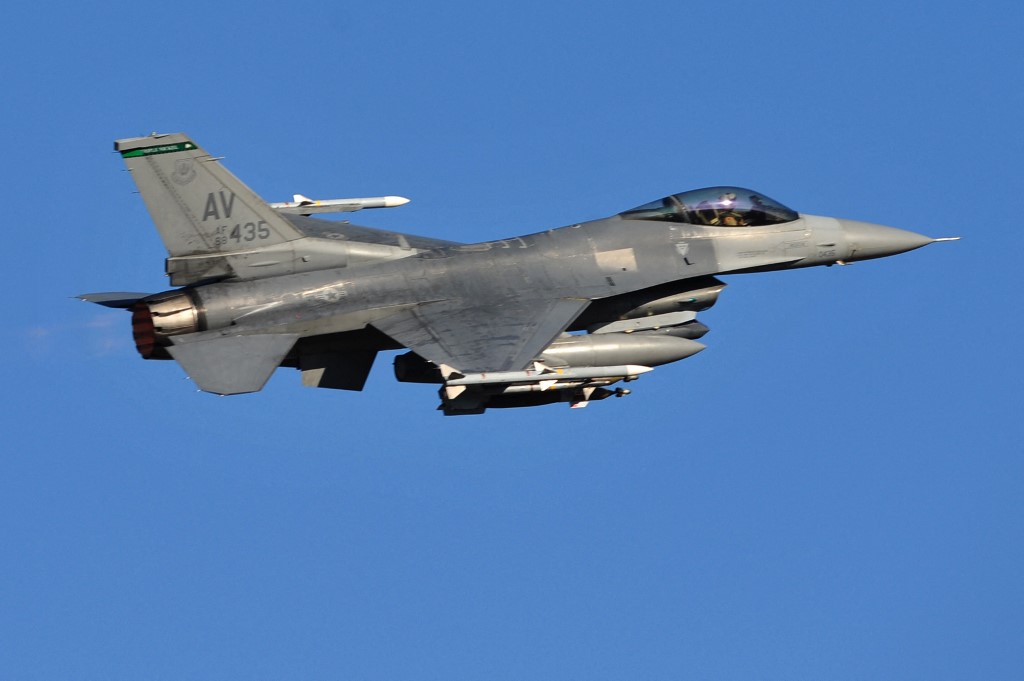The Russian presidential election has had a fiery start.
Though many believe incumbent Russian President Vladimir Putin’s victory to be a foregone conclusion, some Russians have voiced their dissent through bombs.
JOIN US ON TELEGRAM
Follow our coverage of the war on the @Kyivpost_official.
“We are sending our ballot for the election, and we hope it will get directly to Vladimir Vladmirvich [Putin’s] table,” said a Freedom of Russian Legion fighter as the artillery continued firing behind him amidst the group’s ongoing insurgency against Moscow’s troops in the Belgorod and Kursk regions.
The use of disappearing ink was also reported at some polling stations in Kursk and Rostov-on-Don regions, casting doubt on the nature of the election.
A polling station in Belgorod was rocked by explosions, with locals ducking for cover while casting their votes.
Some Russians attempted to set the polling stations on fire, including one incident in St. Petersburg that involved the use of Molotov cocktails.
In occupied Simferopol, a woman could be seen pouring paint into the ballot boxes.
Another arson attempt was recorded in Moscow.
There have been speculations that Russia’s Federal Security Service (FSB) would attempt to incite riots in the name of dead opposition leader Alexei Navalny, though it is not possible to determine if any of the incidents were the FSB’s doing.
Putin’s authority has been supported by the image of stability under his rule, but as the war draws closer to the doorsteps of everyday Russians, that may come into question.

China Drops Russia from Joint Passenger Aircraft Project
“For so long, Putin’s rhetoric has been ‘you stay out of politics, and your quality of life will improve bit by bit, year by year, and your children will live a better life than you.’ Now that deal has been broken, there is more a sense of long-term pessimism,” Mark Galeotti, an expert on modern Russia, in an interview with iNews in January.
The ongoing election takes place between March 15-17 and will see Russians vote between Putin and three candidates that the president has allowed to run against him – Leonid Slutsky of the nationalist Liberal Democratic Party, Vladislav Davankov, of New People party, and 75-year-old Communist nominee Nikolai Kharitonov. All of the candidates support Russia’s war in Ukraine.
You can also highlight the text and press Ctrl + Enter









